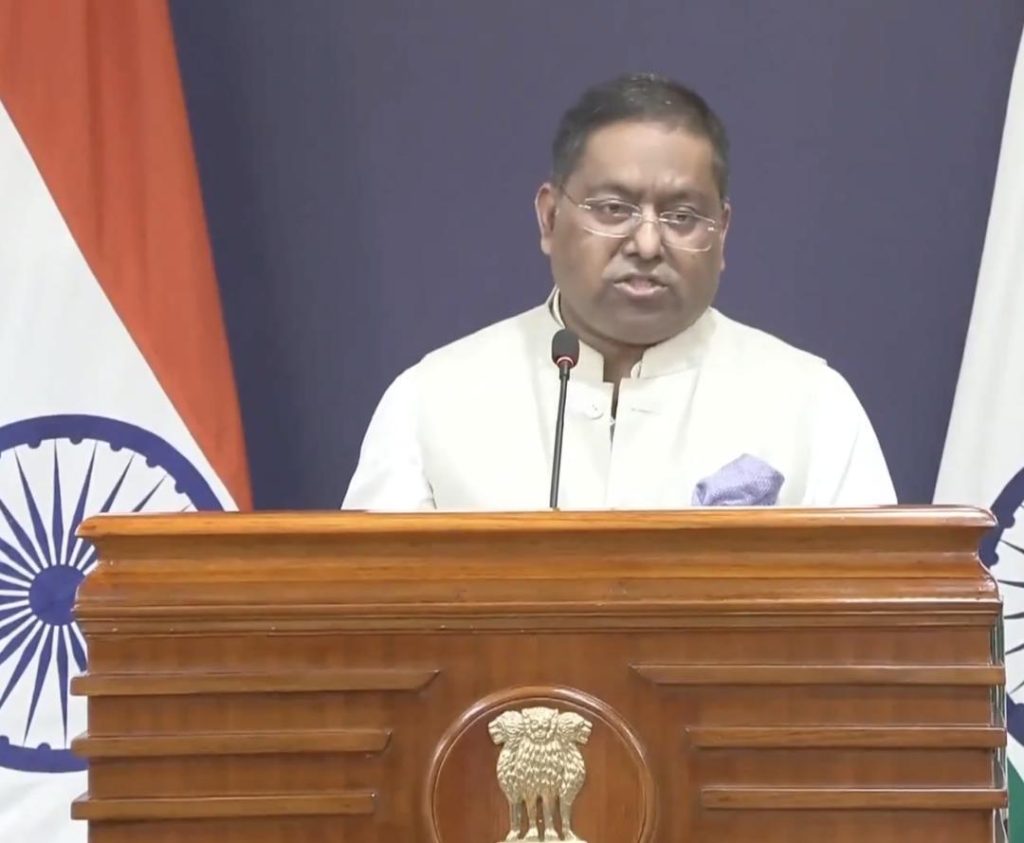
India Rejects US Report on Human Rights Abuses, Says it’s ‘Biased’
The Indian government has rejected a recent report by the US State Department, which highlighted “serious” human rights issues in the country. The report, which was released on May 24, 2023, criticized India’s human rights record, citing concerns over issues such as freedom of speech, torture, and discrimination against religious minorities.
In response to the report, the Ministry of External Affairs (MEA) issued a statement calling the report “misrepresented” and “biased”. The MEA claimed that the report demonstrated a “poor understanding of India’s democratic framework” and its “robust institutional mechanisms for protecting human rights”.
India has a long history of rejecting reports by the US on human rights issues in the country. The latest report is no exception, as the Indian government has consistently maintained that the US has a biased and inaccurate understanding of the country’s human rights situation.
The US report, which was released annually, highlighted several serious human rights issues in India, including the use of torture, arbitrary detention, and restrictions on freedom of speech. The report also criticized the Indian government’s handling of religious minorities, particularly Muslims and Christians, who have faced increased violence and discrimination in recent years.
The Indian government has consistently denied these allegations, claiming that the US report is based on flawed data and is motivated by a desire to interfere in India’s internal affairs. The government has also pointed out that India has a robust democratic system and a strong track record of protecting human rights.
The MEA’s statement on the report was clear in its rejection of the US criticisms. “The report demonstrates a poor understanding of India’s democratic framework and robust institutional mechanisms for protecting human rights,” the statement said. “It is unfortunate that the US report has chosen to ignore the significant progress India has made in recent years in promoting human rights and democratic values.”
The Indian government has also pointed out that the US has its own human rights issues, including issues related to racial justice, police brutality, and the treatment of migrant workers. The government has argued that the US has no moral authority to lecture India on human rights.
The controversy over the US report is the latest in a long-standing debate between India and the US over human rights issues. The US has been critical of India’s human rights record for several years, and has repeatedly called on the Indian government to take steps to improve the situation.
However, India has resisted these calls, arguing that the US is trying to interfere in its internal affairs and undermine its sovereignty. The Indian government has also pointed out that the US has its own human rights issues, and that it should focus on improving its own human rights record rather than lecturing others.
The feud between India and the US over human rights issues is likely to continue in the coming years. While the US is likely to continue to criticize India’s human rights record, India is likely to continue to reject these criticisms and argue that the US has no moral authority to lecture it on human rights.
In conclusion, the Indian government’s rejection of the US report on human rights issues in India is the latest in a long-standing debate between the two countries over human rights issues. The Indian government has consistently maintained that the US report is biased and inaccurate, and that it is motivated by a desire to interfere in India’s internal affairs. The controversy is likely to continue in the coming years, and will be closely watched by human rights activists and scholars around the world.






